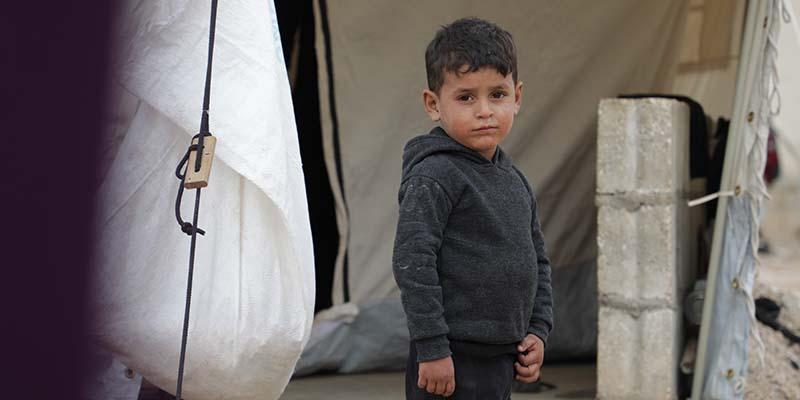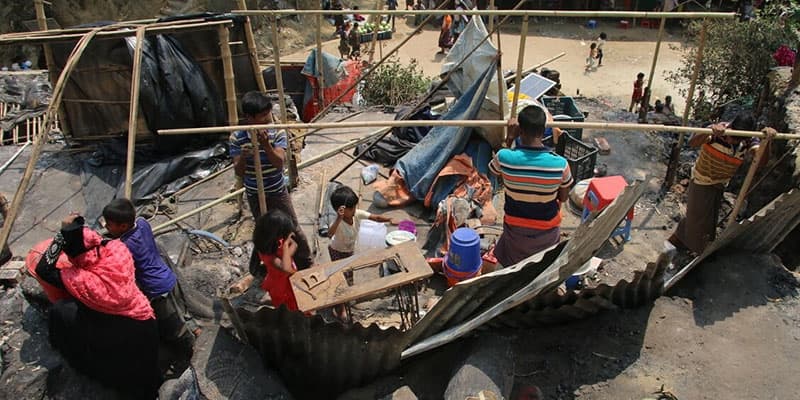Afghan refugees are returning with nothing – and have nothing waiting for them
Afghan children have known nothing but conflict their entire lives. Recently, hundreds of Afghan children are crossing into Afghanistan from Pakistan since the announcement that all undocumented foreigners must leave the country voluntarily or face deportation. Hundreds of Afghan children and families are returning with nothing and have nothing waiting for them.
War-torn Afghanistan is one of the worst places in the world to be a child. When asked why they flee, the vast majority of the refugees Save the Children has worked with say their main reason for fleeing was so their children could have a childhood, an education and a chance at a future.
Save the Children has been working in Afghanistan since 1976, including during periods of conflict and natural disasters. Since August 2021, we've been scaling up our response to support the increasing number of children in need. Your donation to the Children's Emergency Fund supports our work in Afghanistan and around the world to help children impacted by war, disasters, hunger and other life-threatening issues.
Questions About Afghan Refugees
1. What is the current situation for Afghan refugees?
2. What are living conditions like for Afghan refugees?
3. How many people in Afghanistan are facing food insecurity?
Hundreds of Afghan children are crossing into Afghanistan from Pakistan every day with nowhere to live and no money for food after Pakistan announced that all undocumented foreigners must leave the country or face deportation.
In a six-week period, more than 120,000 Afghans returned. Many children and families are returning with nothing and have nothing waiting for them. The vast majority said that "fear of arrest" was their reason for returning, according to the UN.
Returnees have told Save the Children that once they cross the border, many have nowhere to go. They don't have anywhere to live or money to pay for food, rent or transport.
Arshad Malik, Country Director for Save the Children in Afghanistan, has visited the border near Torkham. He said:
"We saw thousands of people living in squalid conditions on the Afghan side of the border without proper shelter, running water or toilets. Children and their families were gathered in small groups surrounding the meager possessions they had brought with them from Pakistan. The children we saw were visibly distressed. Some were playing close to massive trucks. The border is no place for a child.
"These children need a place to call home. Many children and their families are returning with nothing – and have nothing waiting for them in Afghanistan. They need stability after being uprooted from their lives in Pakistan.
An estimated 15.8 million people – more than a third of the country's population – are expected to experience acute food insecurity before March 2024. Almost half of those - or 7.8 million - are children.




